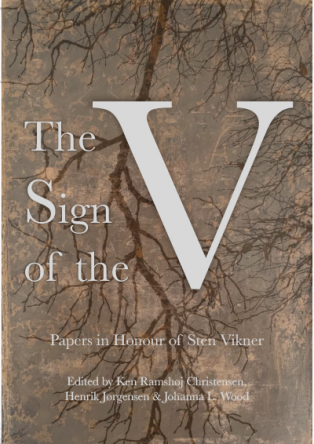Non-nominal arguments and transitivity in Romance and Scandinavian
Synopsis
This squib considers the notion of objecthood and its relation to transitivity in a number of Romance and Scandinavian languages and argues that it does not easily reduce to the notion of being nominal. The Romance data come from the faire-infinitive in Catalan and Italian, where dative causees are found only where the embedded predicate is transitive. The Scandinavian data are from pseudo-passives and expletive-associate constructions, both of which are also sensitive to transitivity. In these contexts, in addition to DPs, (non-nominalised) CPs and PPs can count for transitivity, though this is subject to variation across languages. These patterns present challenges for approaches to objecthood and transitivity based on case/Case, both traditional analyses and more recent dependent case approaches, both of which afford a privileged status to nominals.

